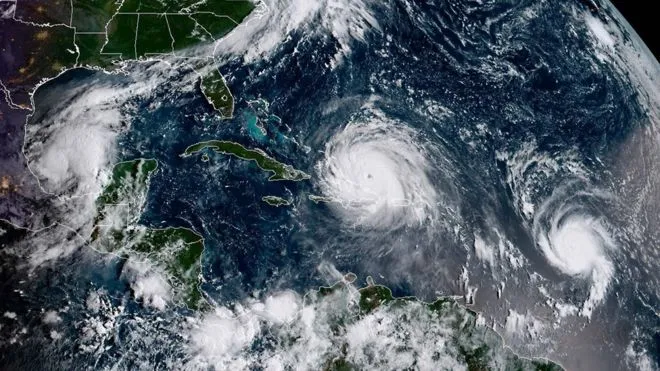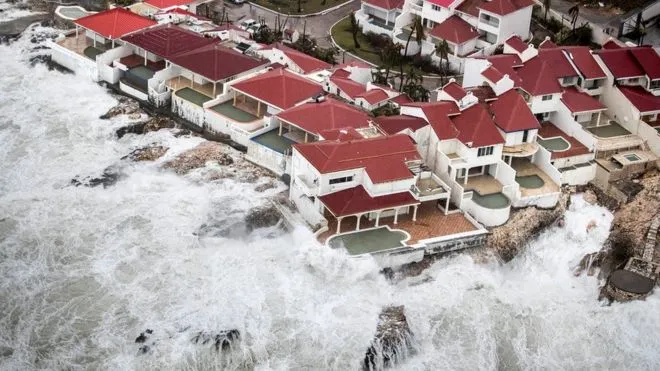This morning we all woke up to the news of Hurricane Irma hitting Florida while Hurricane Jose is following Irma's path in the Caribbean and Hurricane Katia enters Mexican coasts in Veracruz. Every year strong storms and typhoons also hammer East and South East Asia. Every year hundreds of lives, thousands of homes and billions of dollars are lost to the devastating power of these natural disasters.

I have been active in NGOs since I was a teenager. Now I lead a foundation that focuses on public health and sustainability, and I have witnessed the health challenges communities face after hurricanes and tropical storms, from infectious diseases to chronic conditions aggravated due to interrupted health care. This morning, as we were reading the news, my team and I started to point out some of the basic problems of disaster relief aid after natural disasters. Among them:
1.- Speed. In the US, the Congress has to approve emergency funding for disaster relief. Then the funds are made available, then part of them is transferred to the State governments, then part of them to the cities and then part of them goes to the direct beneficiaries. Certainly this scheme varies from country to country and on a case by case basis, but in general there is a long chain and many institutions are involved in the management of the funding, which affects the speed of the processes.
2.- Traceability. It is vital to know where the funds are in every moment to enhance efficiency and accountability. This also brings us to the next one:
3.- Transparency. In many developping countries corruption is an evil that affects even the humanitarian aid budgets. Large bureaucracies and a systemic lack of transparency in fund allocation create a perfect storm for corruption.
Blockchain can help us with all of this. Imagine a fast, traceable and transparent system that can effectively allocate disaster relief funds and is decentralised in its operations (even when overseen by central authorities in every country). Imagine empowering -via this blockchain application- NGOs and civil society in general so that they can be deployed in the field and work more effectively alongside governments to alleviate the suffering of the families affected by the natural disasters.

Do you know of any such applications? Have you heard of any case in which blockchain has been used to help people recover faster in the aftermath of natural disasters? My foundation is very interested in identifying cases and exploring possibilities in this field. Please feel free to comment and give us your opinion! Maybe together we can come up with an idea that can help communities around the world.
Our thoughts go to all the families that are suffering today from natural disasters.
Christopher.
Photo credit (both pics): BBC.